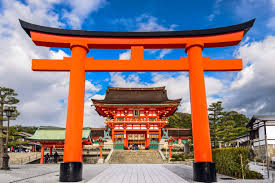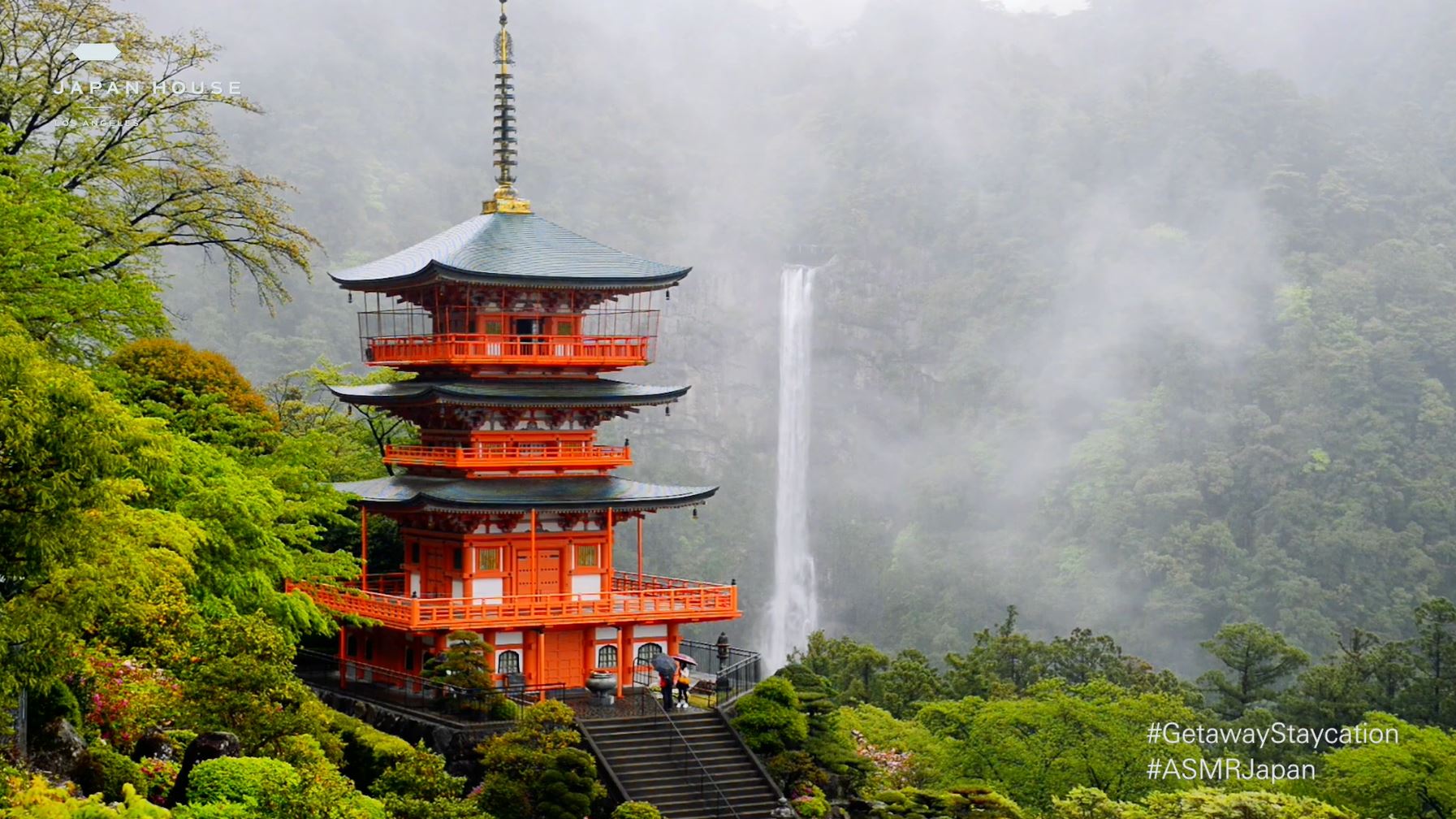Japanese Culture
1/23
Earn XP
Description and Tags
From teacher feed, in lessons, etc. https://www.upu.int/UPU/media/upu/PostalEntitiesFiles/addressingUnit/jpnEn.pdf
Name | Mastery | Learn | Test | Matching | Spaced | Call with Kai |
|---|
No analytics yet
Send a link to your students to track their progress
24 Terms
unlucky numbers
- 4: し is a way of saying death, so it's associated with misfortune and evil
- 9: also pronounced as くwhich means struggle, hardship, and pain, so it's associated with negative concepts
lucky numbers
- 7: still lucky
- 8: sacred and brings happiness and good fortune
(800 gods+goddesses of Japan) (written八 in kanji)
You use this name for people you don't know well
family names
- given names only used among close friends and family
- disrespectful to call someone you don't know well by given name
せんせい
title used for someone knowledgeable in a certain field or is an expert/master in it
- used for teachers, doctors, scholars, researchers, instructors, even fortune tellers
- comes after family name
しつれいします
excuse my rudeness (apology)
- entering a teacher/supervisor's room
- leaving work before others
- used when entering/exiting public, work, or office areas
すみまそん
excuse my rudeness (apology)
- getting someone's attention
- apologizing to a public figure
- replying to a scolding
えと
Japanese zodiac
- 12 animals
はし
chopsticks
- not shared, people have their own pair
はなみ
cherry blossom viewing
にほんしょく
foreign cuisines that are modified to suit Japanese people
おじゃまします
used when visiting someone's house
おんせん
natural hot spring baths
- mineral rich water
もみじがり
autumn (maple)-leaf viewing
- describes the viewing of trees in the fall
saying “you”
can be rude, especially when talking to someone more important
- use name and title of respect (usually "san")
さん
an honorific that can be used with almost anyone (except professionals where you would use せんせい)
- attached to first or last name
- similar to Mr, Miss, etc
- do not use for yourself
shrine
is Shinto (Japanese religion)
- typically has a torii gate
- 81,000 in Japan
- worships gods in their dwelling place
- Yaorozu: the 8 million gods who live in natural objects

temple
is Bhuddist
- typically has sanmon roof tiles
- 76,000 in Japan
- a place where Bhuddist monks study and practice

いえいえ、とんでもない
no, no way
used to show humbleness after a compliment
Before taking a bath…
shower
to keep the dirt away
Before entering a house…
take off your shoes
Use a special pair of slippers for…
the bathroom
Take off your slippers for when…
there are tatami floors (traditional weaved)
〒
postal symbol
- number set that follows is the zip code (postal code)
mailboxes
only for receiving mail
- on the house
- find a post office or post box to mail things out